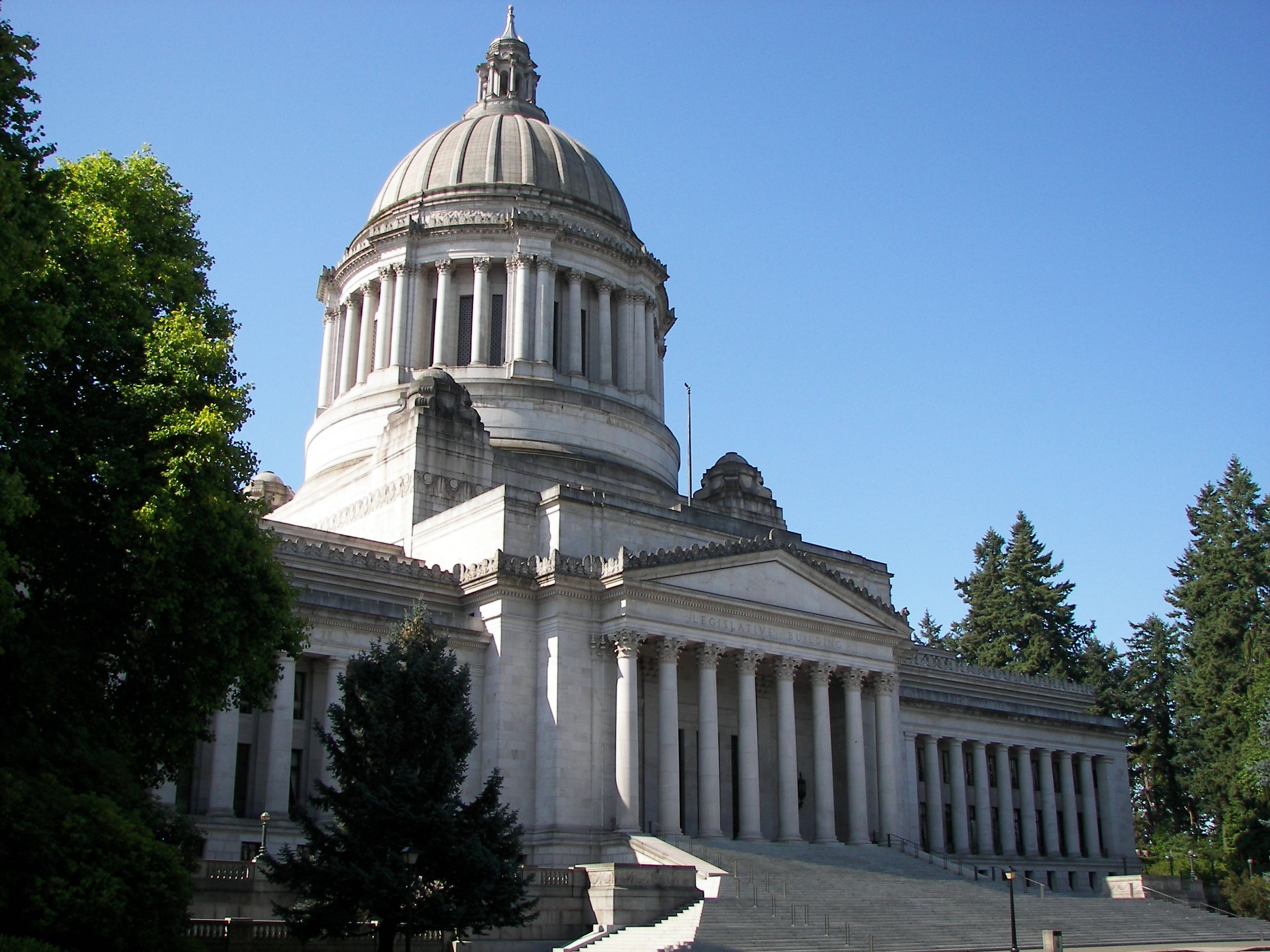George Washington was the greatest American president of the 18th century, and Abraham Lincoln the greatest of the 19th, and, although his detractors would dispute it, Ronald Reagan was the greatest president of the 20th century.
What is greatness in a president? A great president is one who uses his talents and abilities to change the nation's course in the direction of a vision he has for the country. During his eight years as president Ronald Reagan more than met this standard.
In our ongoing struggle against international terrorism, it is easy these days to forget that not long ago we faced an even more formidable threat; a hostile totalitarian regime of continental size, aggressive in nature, with a singular dedication to ending the freedom of Western democracies, an army nearly twice the size of ours and thousands of nuclear weapons that could reach U.S. cities in under an hour. Twenty years ago Soviet submarines routinely patrolled our coasts and long-range bombers practiced strike missions against North America. Yet today the terrors of the Russian communist system are a fading memory, and a rusting Soviet attack submarine is now a tourist attraction on the Seattle waterfront.
As president, Reagan made it clear that free nations could not only contain, but could overcome, international communism. He had the courage to call the Soviet Union what it was, an Evil Empire. By rebuilding U.S. defenses, deploying upgraded nuclear missile systems to Europe and announcing the Strategic Defense Initiative (SDI, or “Star Wars” to its critics), Reagan made it clear to the Soviet leadership that they could not prevail militarily.
At the same time, he offered to share SDI technology with the Soviets and expressed a willingness to negotiate steep reductions in the two countries' nuclear arsenals. The combined approach led to the rise of reform-minded leaders and allowed Russians and dozens of other peoples to the throw off the Soviet yoke. Today hundreds of millions of people live in freedom because of Reagan's farsighted defense and foreign policies.
On the domestic front President Reagan was equally farsighted and equally successful. In the late 1970s America had hit an economic low point with slow growth, double-digit inflation, interest rates topping 20% and unemployment averaging more than 7%.
The Carter Administration was at a loss and some economists predicted it would take a decade or more to turn the economy around. Ronald Reagan had different ideas. Once elected, he reduced the tax burden, letting people keep more of the money they earned, and cut back sharply on government regulation. Lower taxes and reduced regulations encourage hard work and investment, and together these policies unleashed the creative power of the American people.
But that took time and meanwhile Reagan faced intense criticism over his free market, limited government approach. Reagan's opponents, especially activists on the hard Left, publicly called him every name they could think of. They held rallies and made giant, ugly puppets depicting the President as a hard-hearted miser who was mean to the poor. They said Reagan was too old, senile, a warmonger, stupid, distracted and out of touch. One national Democrat called him “an amiable dunce.” Doonsbury cartoonist Gary Trudeau penned a series called “the search for Reagan's brain.”
Reagan's response was to quietly stay the course, and his calm, unswerving leadership style paid off. Within a year of his landslide re-election in 1984, the economy was growing at a steady clip and inflation had been trimmed to just 1.1%. The boom of the 1980s unleashed the biggest peacetime economic expansion up to that time.
Today, critics point to the large federal deficits of Reagan's time. It is true that Reagan signed most of the appropriations bills sent to him by Congress and that deficit spending ballooned, but he made a prudent trade-off. After all, having a balanced budget wouldn't mean much if millions of Americans were out of work and the world stage was dominated by the Soviet Union.
A possible rival to Reagan in greatness is Franklin D. Roosevelt, especially in his steadfast leadership against Nazism. But Roosevelt also championed a massive and lasting expansion of government intrusion into the lives of ordinary citizens. While many of Roosevelt's interventions may have been needed during the crisis of the Depression, for Americans today, a vast, multi-level structure of government agencies, regulators and rulemakers is the permanent legacy of the FDR era.
Once when President Reagan was visiting his alma mater, Eureka College, a reporter teased him about being a “c” student. He replied, “Yes, even now I wonder what I might have achieved if I had only studied harder.” Ronald Reagan achieved more than most presidents can imagine, to the enduring benefit of his country and of free people around the world.



